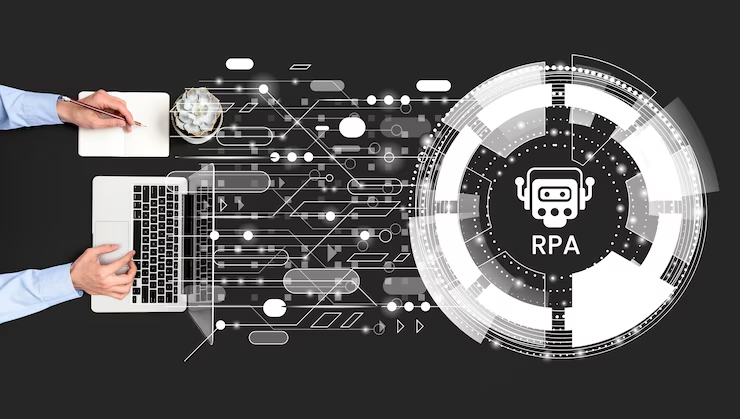DevSecOps: Building Security Into Every Step of Software Delivery
DevSecOps: Building Security Into Every Step of Software Delivery
In the era of fast-paced software development, speed is vital—but not at the cost of security. That’s why DevSecOps is gaining momentum in 2025, reshaping how organizations think about building, testing, and deploying code.
At I4, we recognize DevSecOps not as a buzzword but as a necessary evolution of DevOps—bringing security to the heart of development, not just the end.
What Is DevSecOps?
DevSecOps is the practice of integrating security at every stage of the DevOps lifecycle. Rather than treating security as a final checkpoint before deployment, DevSecOps shifts security left, embedding it from the planning phase all the way through to operations and monitoring.
Why DevSecOps Matters Now
- Security threats are more sophisticated and frequent.
With more endpoints, more code releases, and increasingly complex environments, organizations can’t afford to bolt on security after the fact. - Regulations are getting stricter.
From GDPR to HIPAA, companies are under pressure to demonstrate compliance and protect user data from day one. - Cloud-native architectures demand better guardrails.
Microservices, containers, and APIs require a new level of real-time, automated security.
Core Principles of DevSecOps
- Automated Security Testing
Tools like Snyk, SonarQube, and Checkmarx scan code and dependencies during development, not after. - Security as Code
Security policies are written and version-controlled just like app code—allowing consistency, auditability, and reuse. - Collaboration Across Teams
Developers, security teams, and operations work in sync with shared responsibility for secure outcomes. - Continuous Compliance
Automating compliance checks ensures that your releases are always audit-ready and policy-compliant.
Benefits of DevSecOps
- Faster, safer releases
- Reduced vulnerability windows
- Stronger security culture across teams
- Lower remediation costs
Real-World Example
- Capital One integrated DevSecOps to scan over 100,000 commits per month, reducing security review time by 75%.
- Adobe applies DevSecOps to its CI/CD pipeline to ensure that every release meets strict cloud security standards.
Getting Started with DevSecOps
- Educate teams on secure coding and threat modeling.
- Integrate security tools into your CI/CD pipeline.
- Use containers and IaC (Infrastructure as Code) securely with defined baselines.
- Foster a culture of shared accountability, not blame.
Final Thoughts
Security can no longer be an afterthought. With DevSecOps, security becomes a shared, continuous responsibility, woven directly into your development DNA.
At I4, we believe secure code is smart code—and DevSecOps is how modern organizations build trust, resilience, and long-term success.


